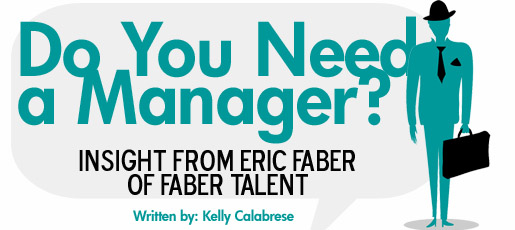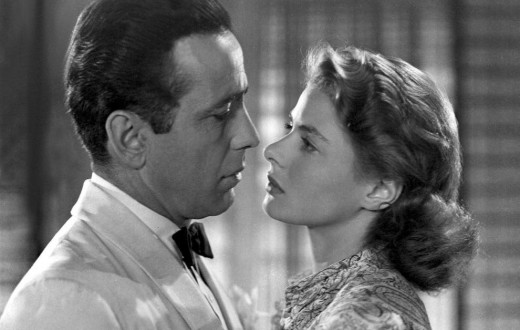The art of delivering an impressive monologue is a skill often neglected, especially amongst teenagers. Yet, in a world increasingly valuing effective communication, this talent is more essential than ever. Acting auditions, speech competitions, presentations – these all require a form of monologue mastery. This article offers a comprehensive guide to help teenagers acquire and perfect this skill.
Monologues are not just about speaking; they involve presenting a story or an idea in an engaging way. To become a master in delivering monologues, one must grasp three core aspects: the understanding of the monologue, the art of effective delivery, and engaging the audience.
Understanding the Monologue
In order to fully grasp the monologue, it’s important to have a comprehensive understanding of its context, purpose, and message. It’s typical for adolescents to utter words without fully comprehending their importance, resulting in a less convincing performance. For instance, in the case of a monologue from a Shakespearean play, having a firm grasp on the complexities of the archaic English language, the historical backdrop, and the themes of the play will enrich the delivery by adding greater profundity.
To gain a deeper understanding, teenagers should:
Research the context: Learn about the time, place, and circumstances surrounding the monologue.
Interpret the monologue: Try to decode what the author intends to convey.
Analyze the character: If the monologue is from a play or movie, figure out the character’s personality, motivations, and emotions.
The Art of Delivery
Delivery: Delivery is more than just articulation or voice modulation; it encompasses body language, timing, and tone.
Voice: You can greatly enhance your monologue by gaining control over it through adjusting the pitch, volume, and pace of your voice.
Body Language: Just like your voice, your body language can convey emotions and meaning. Use gestures, facial expressions, and movements to add depth to your words.
Practice: Practice makes perfect, and this applies to mastering any skill, including delivering a monologue. By repeatedly practicing your monologue, you will be able to present it effortlessly and confidently. It can also be beneficial to use recordings of yourself to pinpoint areas that require improvement.
Engaging the Audience
Below are some ways to keep your audience involved. Please share other ways you think would help the readers by following and commenting at DirectSubmit NYCastings.
Eye Contact: Connect with your audience by making eye contact. It can make your monologue more engaging and personal.
Variation: Mix up your speech with variations in tone, pace, and volume. This can help maintain the audience’s interest.
Relatability: Try to create a bond with your audience by making your monologue relatable. You can do this by incorporating universal themes and emotions.
Tips for Monologue Mastery
Choose Wisely: Pick a monologue that suits you and resonates with your emotions and experiences. Your performance will be more natural and convincing if you connect with the material.
Memorize: Don’t just memorize the words; understand them. Remembering your lines is essential, but so is understanding what you are saying and why.
Get Feedback: Have others watch your performance and provide constructive feedback. They might spot weaknesses that you overlooked.
Be Patient: Mastery takes time. Don’t rush the process. Instead, give yourself time to learn, practice, and improve.
Is There a Difference Between Younger and Older Teen Monologues?
While the core elements of delivering a monologue remain the same regardless of age, there are indeed specific factors that may differ between monologues for younger versus older teenagers. These differences primarily revolve around the choice of material, emotional complexity, and the capacity to relate to more mature themes.
Choice of Material
Monologues for younger teenagers should ideally be chosen from materials that are age-appropriate and relatable. These monologues may involve dealing with school, friendships, first crushes, or family dynamics. The language used in these pieces should match their age, vocabulary, and life experience. Simpler structures and clear messages help younger teens understand and express their characters’ emotions effectively.
Monologues suitable for older teenagers can address more mature subjects and utilize intricate language. This demographic has the opportunity to delve into monologues derived from timeless literature, contemporary plays, or even movie scripts. The topics covered may span from matters of affection and grief to societal fairness, self-discovery, or contemplation of existence.
Emotional Complexity
Younger teenagers are usually just beginning their emotional development, so they might not have the same level of understanding or ability to express complex emotions as older teenagers. This is why monologues for younger teens tend to focus on simpler emotions like happiness, sadness, anger, or fear.
As teenagers progress in age, their growing maturity allows them to possess a heightened ability to comprehend and articulate intricate emotions such as regret, compassion, hopelessness, and yearning. By means of their soliloquies, they are able to explore the challenges faced by individuals dealing with internal conflicts, ethical dilemmas, or intricate emotional changes.
DirectSubmit NYCastings has some great monologues to choose from! Get started now.
KIDS / TEENS – GIRLS MONOLOGUES
KIDS / TEENS – BOYS MONOLOGUES
With practice and persistence, you can become a monologue master, impressing others with your command of language and delivery.







